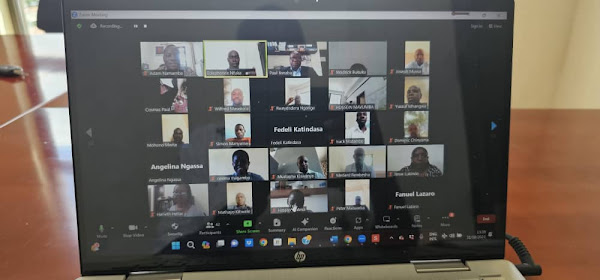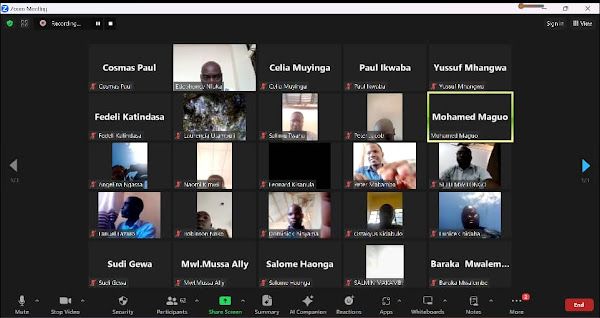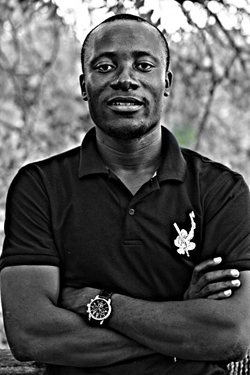The Vice Chancellor of the Open University of Tanzania and UNESCO Chair of Teacher Education and Curriculum, Prof. Elifas Bisanda, said that during the inauguration of the Zoom-based dissemination workshop organised by the Open University of Tanzania at Kinondoni in Dar es Salaam on October 31, 2023, where teachers and other stakeholders of the CL4STEM Project from Tanzania, Nigeria, India and Bhutan attended.
“There are some identified challenges to both teachers and students that bring back the processes of having experienced science and mathematics teachers. Psychological is among them, where science and mathematics are perceived to be difficult subjects. It happens that a teacher tells students that these subjects are difficult and you will not pass; it is a misconception.” Said Prof. Bisanda.
The President's Office Regional Administration and Local Government representative, Mr. Richard Makota, congratulated the OUT for the initiative. He assured their support in the aspects of capacity building of the secondary school teachers under their ministry.
Presenting the project design, implementation, results and scaling-up, the CL4STEM project leader, Dr. Edephonce Nfuka, reveals that the project has come out with various skills that enable teachers to be competent in teaching using local technology and available resources. It has increased innovation and improved teaching and learning while ensuring equity and inclusiveness in the process of teaching.
“We have pondered the theory of change that promotes higher order thinking with inclusion and equity. I imparted it to teachers for them to change towards positive perceptions of students' abilities in science and mathematics. Teachers and eventually students can perform well when subjected to efficient and effective learner-centred and competency-oriented teaching. Learning methods such as technological pedagogical content knowledge (TPACK) and Universal Design Learning (UDL) that enable to address misconceptions, multiple means of representation, expression, action, and engagement, as well as promoting effective teaching and learning in the context of technology and pedagogical integration in education.” Noted, Dr. Nfuka.
The workshop was also accompanied by the issuing of certificates to 68 teachers who participated in and completed the CL4STEM project related to teacher professional development (TPD). It involved studying online, developing learning modules, and implementing the knowledge, skills, and attitudes gained in their classrooms for six months.
Thanking the team, Mwl. Angelina Ngassa, a teacher from Kalenga Secondary School in Iringa, said the workshop was fruitful to them and included the new experience of doing break-out sessions online. She sent her gratitude to the project team from OUT, the partners in Nigeria, Bhutan and India, and the funder, IDRC Canada. She said they indeed appreciate some emphasised aspects of this project, such as the effective use of hands-on learning, locally available materials, and multiple media including ICT such as videos and animations.
“We have to use case studies and connect them to real-life situations in the teaching and learning process. These aspects encourage a learner-centred approach, higher-order thinking with inclusion and equity, active participation and country competence-based curriculum drive for more effective curriculum implementation and its positive impact.” Said Mwl. Ngassa.
Finally, the Acting Dean of the Faculty of Science, Technology and Environment Studies, Prof. Paul Ikwaba, thanked all stakeholders for their active participation in the workshop on the dissemination of the CL4STEM project findings in the hope that this will be practiced further. In collaboration with the government, we scaled up to improve the quality of education specifically in science and mathematics.
The Connecting Learning for Teachers Capacity Building in STEM, i.e., the CL4STEM Project, intends to build capacity for science and mathematics teachers as a way of improving teaching methods to achieve better student results in Tanzania.
















No comments:
Post a Comment